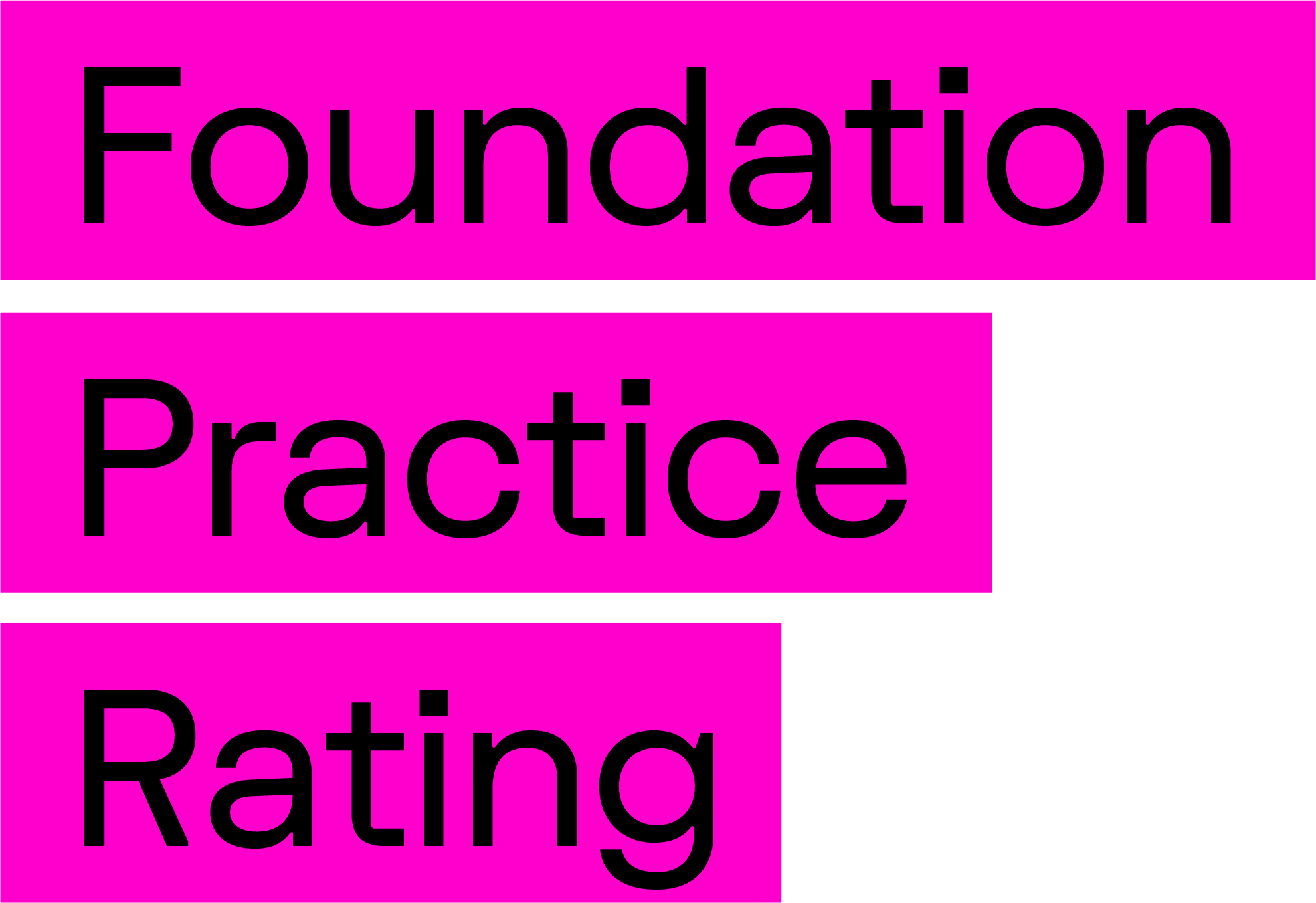Ethics in philanthropy – report from the Grant Givers Movement
This Tuesday saw the publication of a well-considered new report from the Grant Givers Movement (GGM) – a collection of young and committed staff in grant-making organisations – examining concepts of ethics and how they play out in philanthropy.
In particular, they talked to 166 grant-making professionals about issues grouped under two headline questions:
- The origins and behaviours of philanthropic capital: where does the money come from?
- What is ethical philanthropic practice now? What is ethical grant funding?
The intention is for GGM to examine the dimensions of these issues over the coming year to really dig into the theory and practice of ethical grant-giving.
The findings were fascinating:
Respondents in the study agreed that if the basis of wealth was exploitation – the philanthropy should seek to put that right through reparations. Sounds utterly reasonable, although many people struggled to identify how wealth on which philanthropy is based was generated.
This is not easy stuff – organisations like the Joseph Rowntree charities and the Sir John Cass Foundation that have committed to finding out have invested significant effort to finding out. It is painful and upsetting work for organisations that often culturally and structurally value their past.
A point I would make on the origin of philanthropic capital puts the emphasis more firmly on the present: grants and programme staff need to take an active interest in investment portfolios as these may have a current basis in exploitative systems – what is your organisations CURRENT exposure to poor labour practices, mining or Russian military expenditure supporting the invasion of Ukraine?
It is vital to make understanding this a central part of how we think about ethics in philanthropy. Just ask to know what the top 10 holdings your organisation has in its investment portfolio. These tend to be big companies that you know – for good or ill – and it will give you the beginnings of an idea of the investment approach adopted and possible risk areas.
On the second question posed to GGM respondents, on ethics in grant-making practice, the findings suggested that there are grave reservations about transparency in recruitment of boards, a lack of diversity and poorly developed mechanisms of accountability.
The current practice of trusts and foundations on this issue is very much a live issue for me and for the wider sector. The report references the many sources of thinking and practice reform there are, however, my analysis is that this has lacked impetus or incentive beyond individuals and groups of individuals wishing to do the right thing.
Is doing the right thing enough? My answer is NO.
So, nine other funders, we hired consultancy Giving Evidence to develop the Foundation Practice Rating which aims to create a new incentive to taking action – public pressure brought through involuntary transparency.
The FPR rates (not ranks) foundation on their current practices on diversity transparency and accountability to those we serve. It was developed, consulted and published the criteria in advance.
GE assessed all funders as well as 90 other biggest 100 foundations – all given an opportunity to see their results and correct inaccuracies. Because all foundations are different, certain criteria are not applied to some foundations – e.g if you have one or 3 employees, the gender pay gap data publication is not as appropriate as for those with 60 staff. If you don’t fund in Wales, perhaps publishing documents in Welsh is not relevant.
There are things we could not assess like whether you board is “sufficiently” diverse, but we could judge whether you have a diversity plan and whether it had any real targets for change.
What we hope is that this will drive foundations to use the myriad sources of help and expertise available to address their gaps because for the next 3 years – we are coming back and assessing again.
The ethical question the FPR raises are some that Friends Provident Foundation trustees often discuss with reference to system change:
- Can the system reform itself? All the funders of the FPR are within the system of foundations – as are GGM members – and we recognise we are part of the problem. This feels vital to bring about change but doesn’t make it easy. We will ALL have to change ourselves.
- Can you “Force” individuals or organisations to behave more ethically?
- The jury is out on this one my hope is that – with the pressure for reform from GGM and others – we will make ethical philanthropic practices – transparency, diversity of thought and accountability – the better option.
Danielle Walker Palmour
Director Friends Provident Foundation

